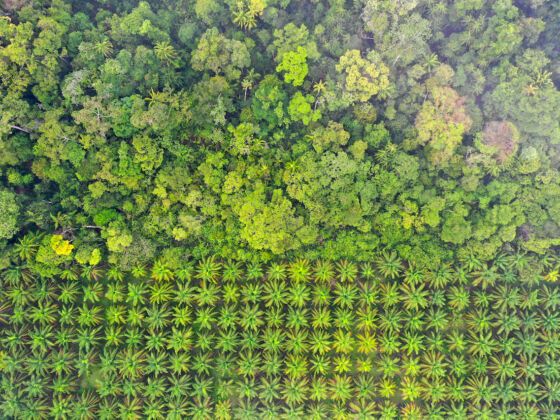This is The Climate Win, the most positive sustainability news around the world every week.
This week, 64 leaders from five continents signed onto a global pledge to reduce biodiversity loss. The Leaders’ Pledge for Nature, signed in advance of Wednesday’s United Nations Summit on Biodiversity, “commits to reducing biodiversity loss by 2030,” according to its website.
